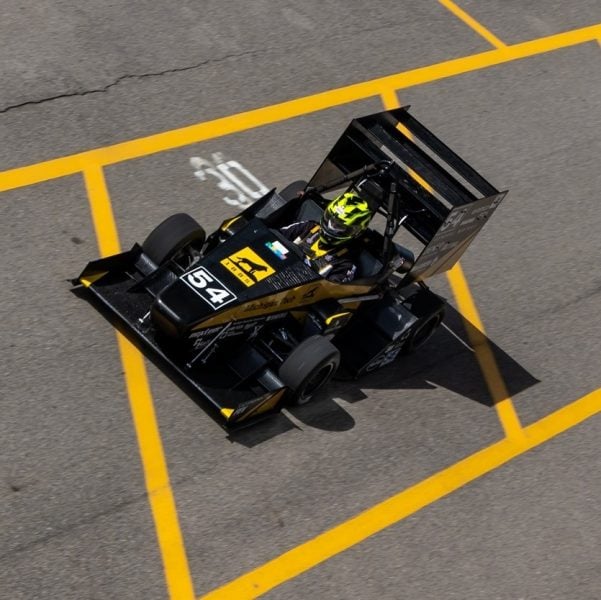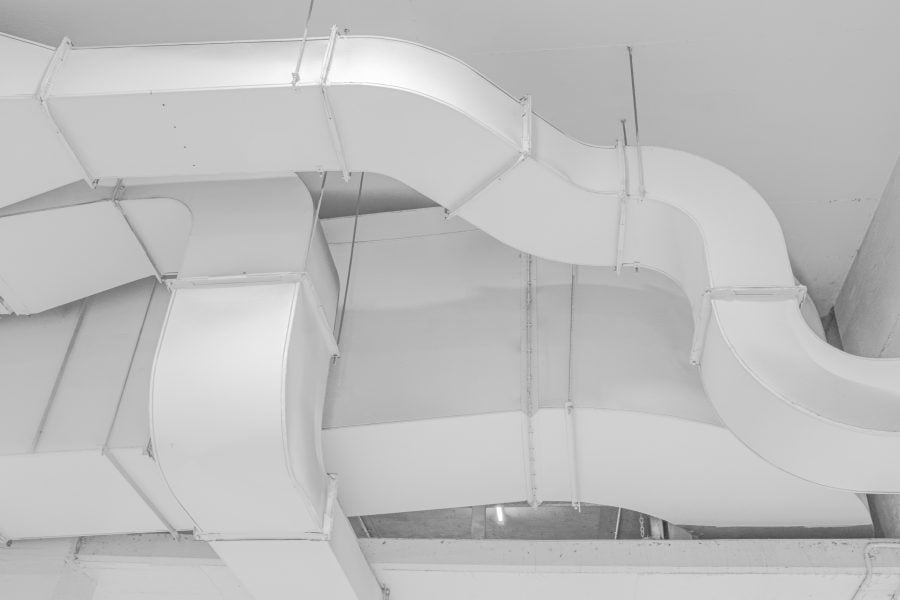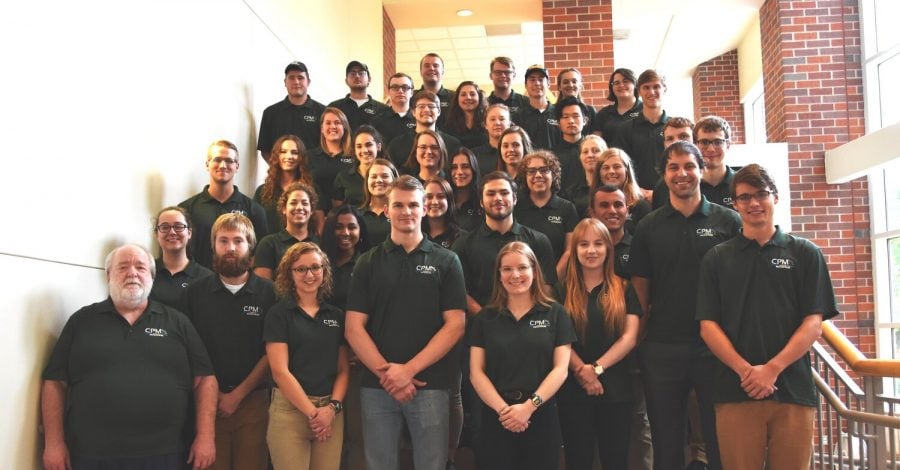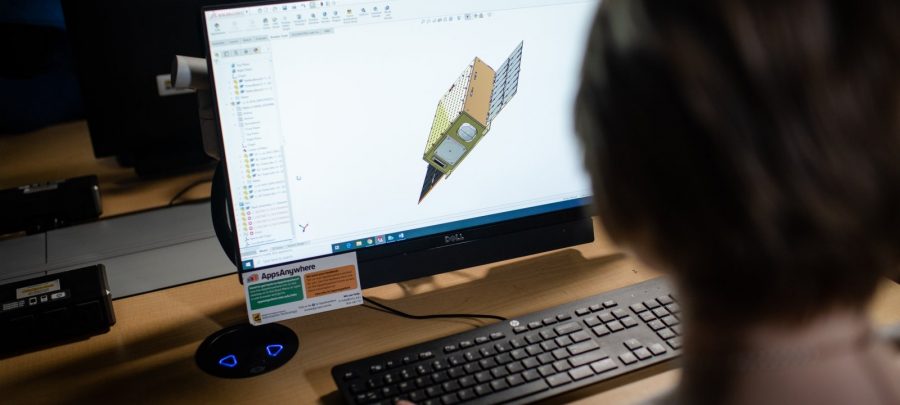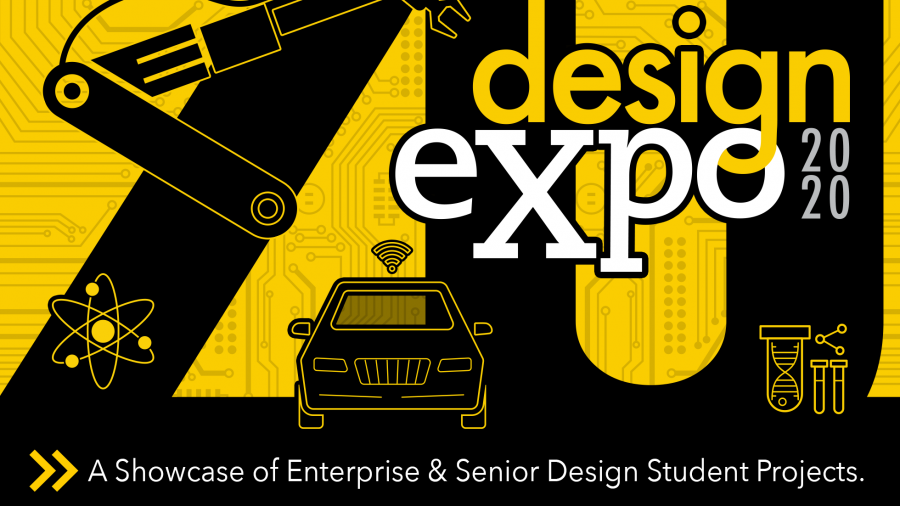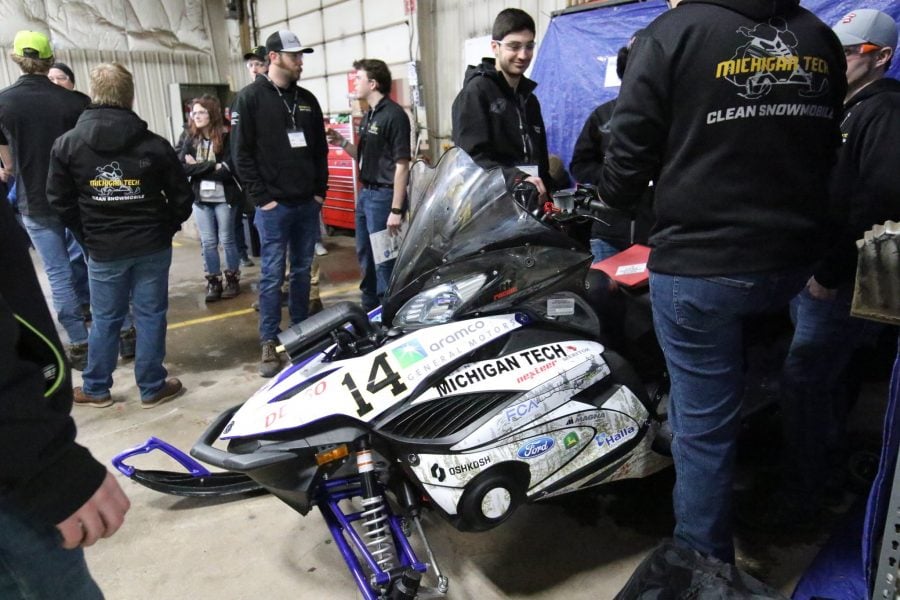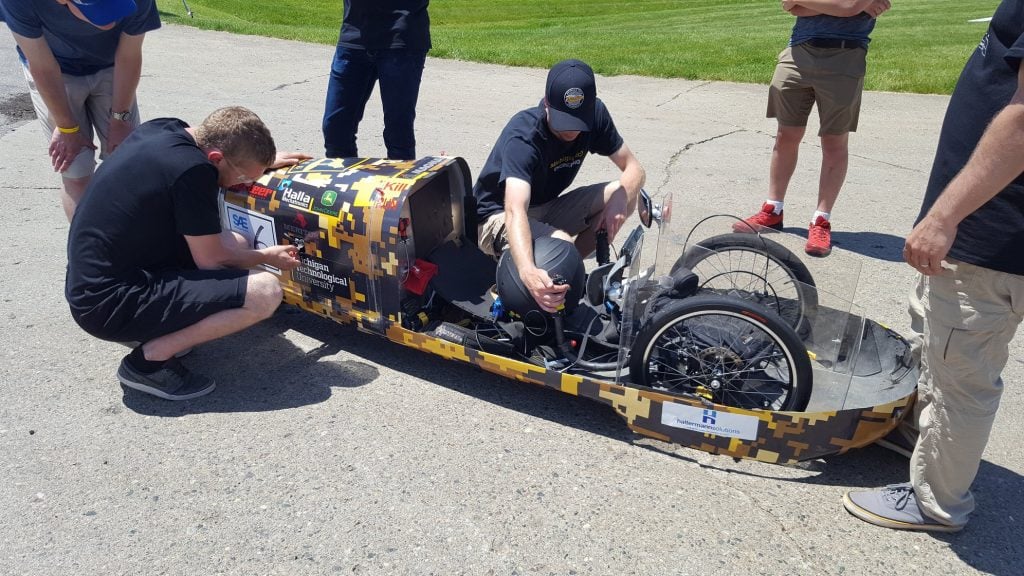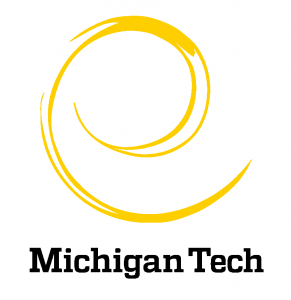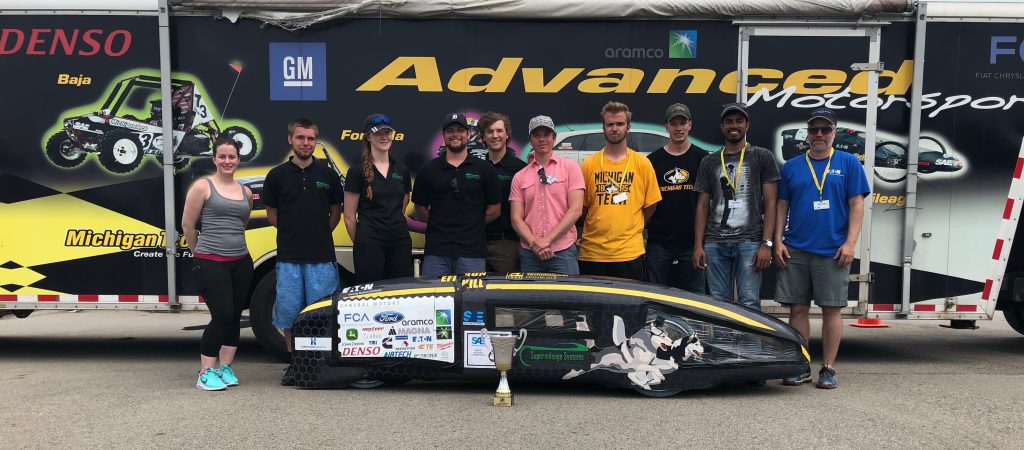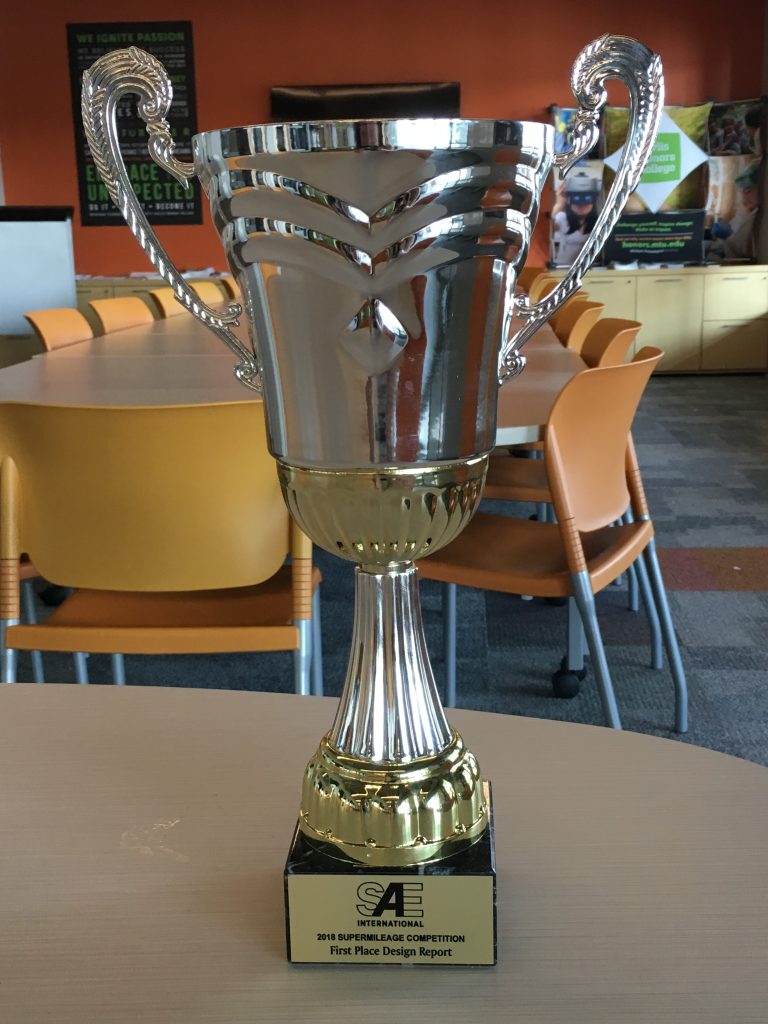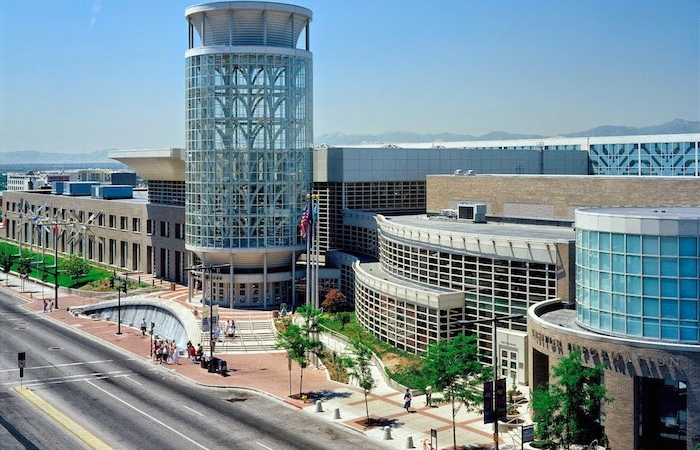Michigan Technological University is one of seven universities to receive a $25,000 grant from this year’s Ford Fund College Community Challenge.
Michigan Tech Enterprise students, along with the Western Upper Peninsula Health Department, will create a publicly available, online health resources hub that can connect individuals, health care practitioners, caregivers and social service organizations to community resources to improve health and wellbeing in the region.
This project serves an unmet need for the five county region served by WUPHD, an exclusively rural population of approximately 67,700. The hub will also include community resources that support social determinants of health, helping our more vulnerable populations find services to address factors that adversely affect health, such as non-emergent medical transportation services or domestic violence services. Given the remote, rural population this project serves, the mobile platform will increase the reach of the hub for those with limited access to high-speed internet or computers.
“The Enterprise program is very excited to be participating with the Ford Motor Company Fund to promote health resource education, in our community and beyond,” said Chris Morgan, the Enterprise program’s assistant director for educational partnerships. “This project fits both the local population and Enterprise well, as there is a tangible outcome that is driven by a community need, where Michigan Tech students will excel at developing unique solutions.”
About Ford Motor Company Fund
As the philanthropic arm of Ford Motor Company, Ford Fund’s mission is to strengthen communities and help make people’s lives better. Working with dealers and nonprofit partners in more than 50 countries, Ford Fund provides access to opportunities and resources that help people reach their full potential. Since 1949, Ford Fund has invested more than $2 billion in programs that support education, promote safe driving, enrich community life and encourage employee volunteering. For more information, visit www.fordfund.org or join us at @FordFund on Facebook and Twitter and Instagram.
